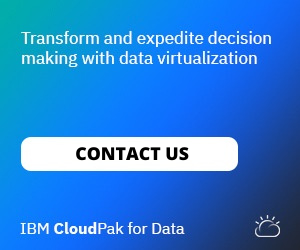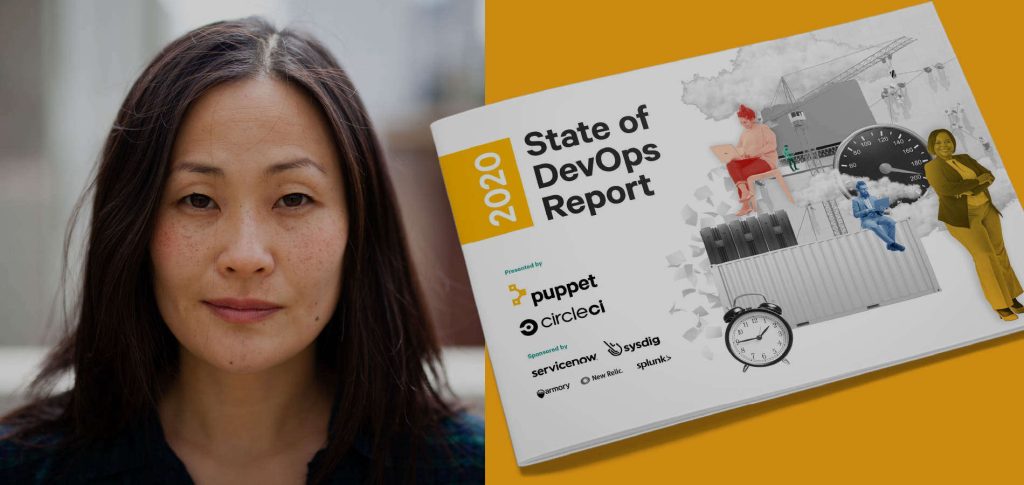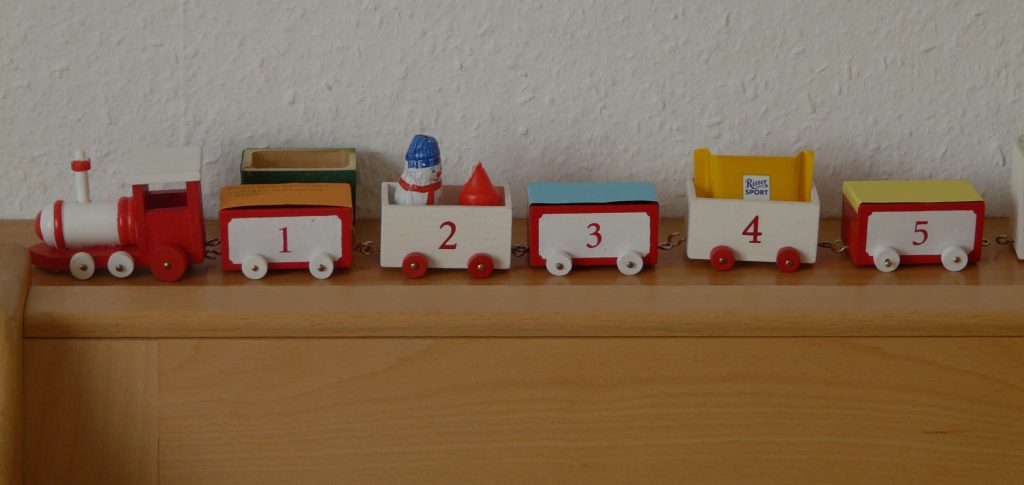An unpretentious newsletter that started as a personal learning and getting-in-touch project by Ivan Krnic grew into a popular sociotechnical newsletter covering topics of technical excellence, organizational improvements, and productivity.
Tired of “Instagram agile”?

I got precious feedback recently that I should write more about real-life stories. That our whole industry had gone down the road of “Instagram agile”, posting pretty pictures and photoshopped stories of success (like the header image :-). Enkelejd, you were right, let’s throw away filters in 2021 and talk about real life and everyday situations and challenges.
Like, for example, my daughter Mia who is 14 and learning Python. Protip: get your kids a Code Monkey subscription! Starting from the basics, she was progressing tremendously through the lessons, solving over 100 challenges on the first day. As the challenges became progressively complex, her velocity slowed down until she finally hit a brick wall when the concept of “classes” was introduced. She just couldn’t understand it.
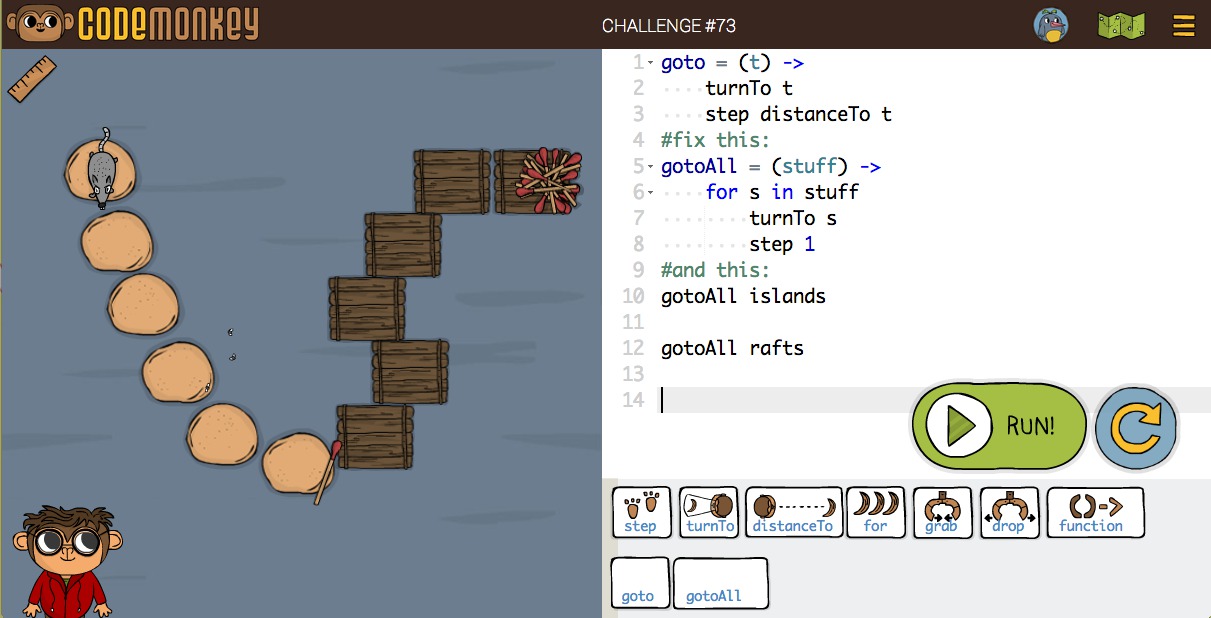
Code Monkey challenge
I tried to explain it as best as I could but it just didn’t stick. Finally, she said that it’s too hard, she just doesn’t understand it and that she obviously isn’t cut for coding (WTF?!). Over the next couple of days, she moved to other hobbies. She even made it 120 pages through the War and Peace(!), but Code Monkey she didn’t touch.
You never know where you will find a Growth- vs. Fixed-mindset battle. Sometimes you find it at home, like me. Sometimes you find it in school, like Sasha Rosenbaum – if there’s one thing you’ll take away from this issue, show Sasha’s Mindset talk to your kids. I have.
Other times you find it at work. We have many young people at CROZ, coming fresh from the university, who are overwhelmed with all the new stuff that is necessary for real life but never taught at school. What can we do to help them? We must remind them that they are capable. We must help them find a mentor and give them a chance in a controlled and low-risk environment. We must connect them to other people that are doing similar stuff and include them in relevant communities.
Although they will probably be silent in the beginning since they’re new to the topic, they will listen to discussions, get familiar with the vocabulary, and meet more knowledgeable people. Very soon they will begin to connect the dots. It is what Nicole Forsgren calls “lurk & learn”. The fact that some people are silent doesn’t mean they are not learning. We must always keep our communities open and inclusive.
Keeping the community open and inclusive is not always easy. Some friendships and bonds are stronger than others. Most of us naturally default to familiar circles of trust. We are hesitant to open up to new faces.
If we’re not super intentional about keeping the community open and inclusive, people will perceive it as a closed one.
To enter a closed community, people need to invest a lot of effort to fit in – “no results guaranteed”. Therefore, they will not even try. And you will end up with your community silo.
Although nobody at CROZ promotes closed communities, I also don’t believe we are intentional and deliberate enough about opening them as well. This is something we need to work on more in the future because only when we get the inclusivity right, stories like this one from our Domagoj happen.
PS. And, as for Mia, don’t worry – she is not giving up
Interview of the Month
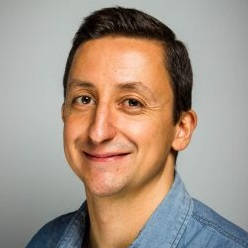
Manuel Pais on cognitive load
Last week we had a blast hosting our first online conference called QEDx. It was a digital prequel to our annual QED conference – yes, we still have high hopes that we will pull it off this year! Our keynote speaker was Manuel Pais, co-author of Team Topologies, and I’m so glad that I had a chance to talk to him after his talk. Take a look at Manuel’s keynote talk on cognitive load and our conversation. Why stop on that? Feel free to rewind and watch other great speakers and a super interesting panel session!
If you made it this far, why don’t you book casual private time with our 0800-DEVOPS team to discuss congitive load or any other DevOps related topic -> NO strings attached! You just click’n’pick a timeslot that best suits you and we’ll do the rest….let’s figure out how we can help you. Or just have a casual chat on interesting topics!
Hand picked
We knew that Jez Humble was a great guy, but this time he outdid himself by publishing all of his lectures on software product management at UC Berkeley. All of his lectures are recorded and available for free (licensed CC-BY-SA).
Dave Farley reflects on where SAFE framework falls short in organizations. Two things stand out: 1) SAFE is prescriptive enough for organizations that want to be agile, but deep down don’t really want to change their ways and 2) The concept of Release Train plays bad with Continuous Delivery.
Nicole Forsgren has published The 2020 State of the Octoverse, a comprehensive 3-part report analyzing our community, productivity and security behaviors. Data are gathered from GitHub platform and show how we behaved in the notorious Covid year. In 2020, we worked almost equally during weekends, we worked longer hours each day and we pushed more changes to the repository. While Japan Standard time zone showed the most sustainable approach to work, US Pacific Time Zone showed the highest activity per person, leading to possible burnouts. Take a look at how you stack up.
We talk a lot about technical debt. Mark Schwartz dives into what exactly a technical debt can be and how technical people should talk about it with business people. In a nutshell: communicate about the status of the company’s technology asset, don’t talk only about the budgets, and don’t budget only for keeping the lights on and functionality-related initiatives.
Adrian Cockcroft has compiled a short primer for CEOs on what drives innovation. Hint: culture, skills, organization, and risk management. And why the main metric of modern organizations should be time to value – when your teams invest in work, how long does it take for that work to create customer value?
Read with us
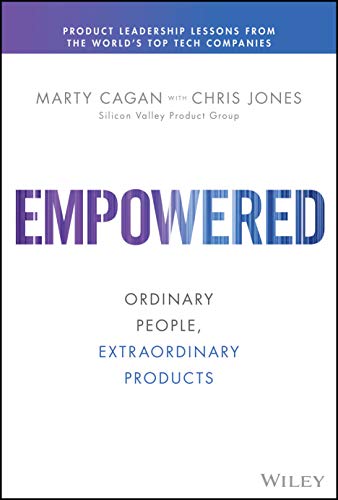
EMPOWERED: Ordinary People, Extraordinary Products
There is a world of difference between cross-functional feature teams and truly empowered teams. The former ones are well-oiled executors, but the latter ones have strong product management and technical leadership, and are held accountable for outcomes instead of outputs. The authors call them Mercenaries vs. Missionaries.
This is a cookbook on how to build empowered teams: from staffing to giving them a vision and providing coaching support.
Header photo by fauxels from Pexels
Falls Sie Fragen haben, sind wir nur einen Klick entfernt.
